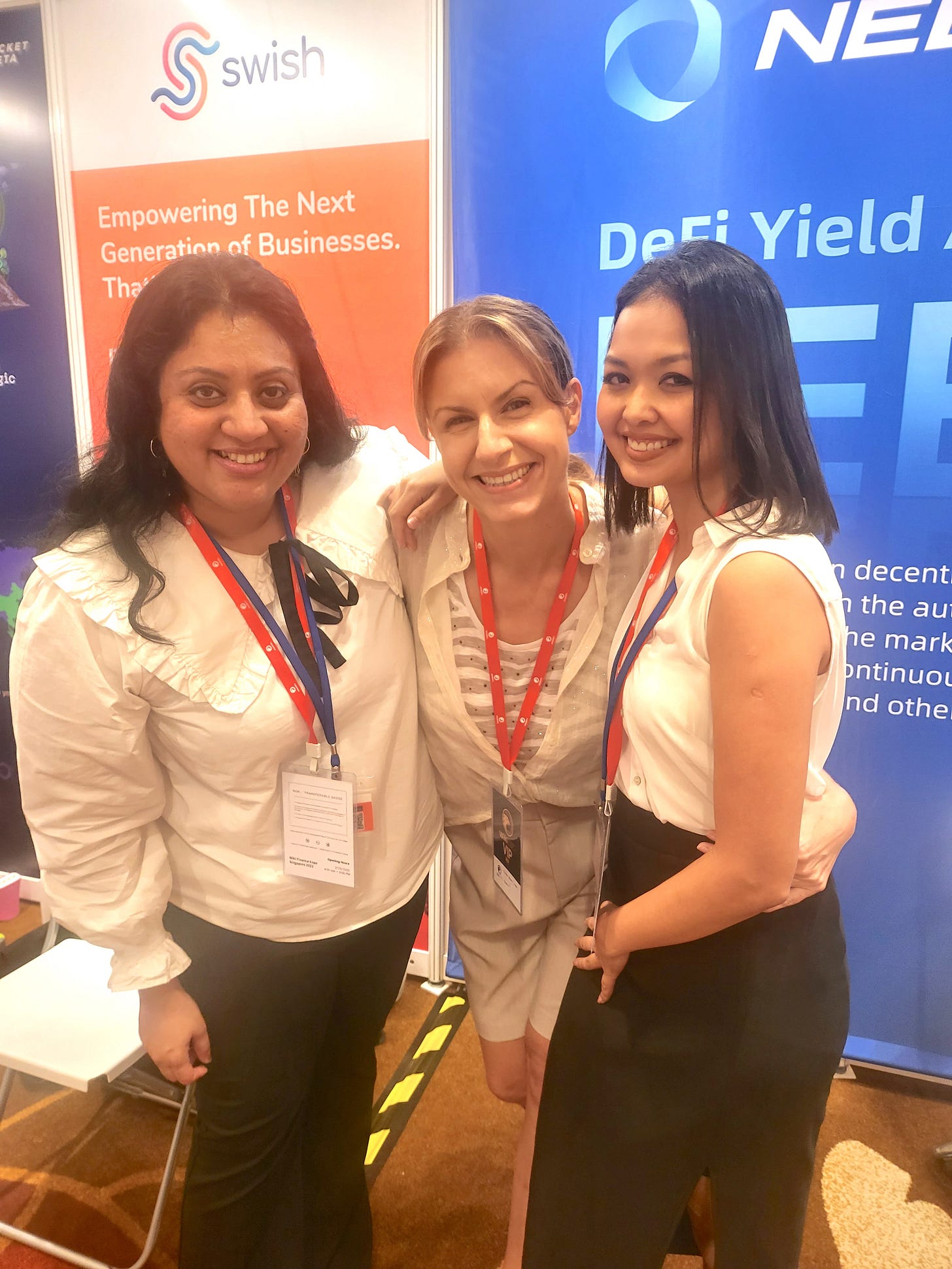Why More Leaders Are Embracing the Soft Era And Why We Need To
Not long ago, I shared my thoughts on LinkedIn about how more leaders today are embracing what I call the “soft era.” An era where soft skills like empathy, listening, and building trust are no longer just “nice to have”, they’re essential for real, sustainable leadership.
This shift is something I feel strongly about, because over the years, I’ve seen the opposite far too often. I’ve worked with and around managers, supervisors, and senior colleagues who still rely on fear to lead their teams. It’s surprisingly common even today for people in leadership positions to think that being harsh, intimidating, or unapproachable somehow makes them more “effective.”
I’ve witnessed situations where senior employees correct juniors or newbies by putting them down, scolding them harshly, or making them feel small in front of others. What’s worse is that in many workplaces, once a junior or a new team member makes a mistake, word gets around and that mistake becomes gossip. Instead of using it as a chance to teach, mentor, or guide, people talk behind their backs. This culture doesn’t just demoralise the newbie; it creates a vicious cycle. Fear replaces trust, people become afraid to speak up or try new things, and the same toxic behaviours keep getting passed down from one generation of employees to the next.
The sad part is, so many senior employees genuinely believe they’re “educating” their juniors when they use fear. But in reality, they’re shutting down curiosity, confidence, and growth. Respect that’s demanded through fear is fragile and fleeting.
But here’s the good news: there are leaders out there who show us that there’s a better way. For me, after many years of working in different environments, I finally found an amazing role model who displayed the traits of a truly great leader. She is none other than Meredith Carson.
Meredith showed me what empathetic, growth-focused leadership looks like in action. She led by example, showing kindness and understanding without ever compromising on accountability or standards. She was the first to remind me and others that mistakes are opportunities to learn, not weapons to shame. She also inspired me to embrace and practice the growth mindset , the belief that our abilities and skills are not fixed, but can always evolve through effort, feedback, and learning.
Under a leader like Meredith, you feel seen, heard, and supported, not just managed. That’s the soft era in action. It’s not about being soft on results; it’s about building strong, resilient people who feel safe enough to bring their best to the table every day.
When leaders choose to listen rather than dictate, to coach rather than criticise, the impact goes far beyond productivity. It builds a workplace where people feel safe to try, safe to fail, and safe to grow. It transforms the culture from one that tears people down to one that lifts people up.
I believe we need more of this. More leaders who see people as people , not just as pawns in a hierarchy of fear. More seniors who break the cycle and choose to mentor instead of intimidate. More workplaces that recognise that soft skills are real skills. They’re powerful, strategic, and they’re the future.
The soft era is here. It’s not weak, it’s wise. And it’s time more of us embraced it.
I’d love to hear from you, too.
Have you ever worked in an environment where fear was used to lead? What did that feel like and what would have made it better? Or maybe you’ve experienced the power of soft leadership firsthand. How did it change you, your team, or your workplace?
Let’s share our stories, break the cycle, and keep championing the soft era together. Drop your thoughts in the comments or reach out , I’d love to learn from your experiences too.
Sofy Rahman signing off for 84 Musing.






